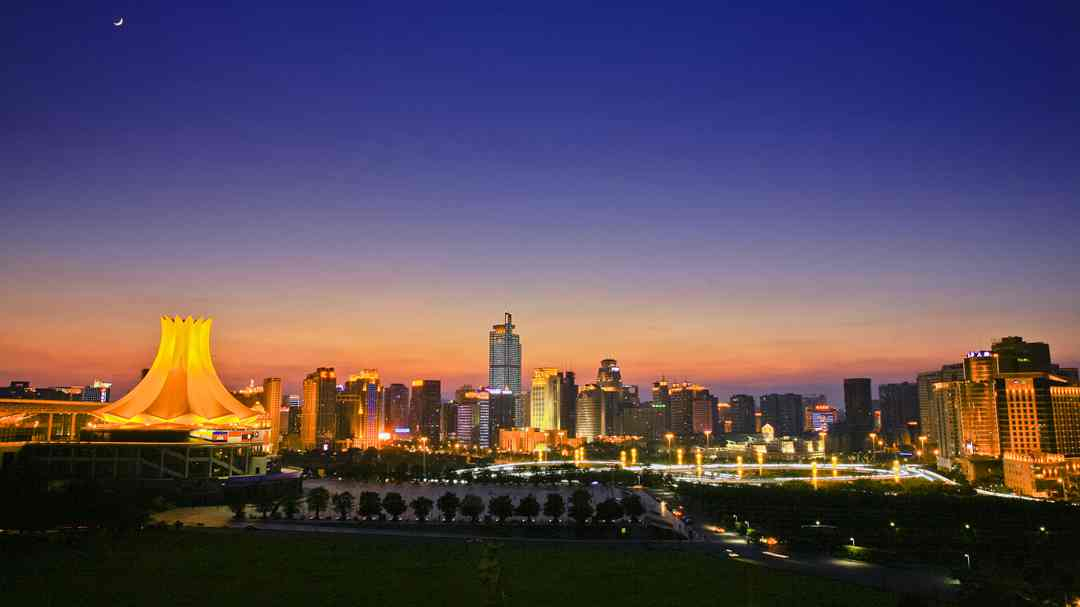
Business
10:06, 09-Dec-2018
What has Guangxi achieved economically in 60 years?
Updated
09:42, 12-Dec-2018
CGTN

The Guangxi Zhuang Autonomous Region in south China has made major leaps in terms of economic development over the 60 years since its establishment in 1958, statistics from the provincial government showed.
In 2017, Guangxi's Gross Domestic Product (GDP) hit two trillion yuan, expanding 832 times compared with that in 1958, and its fiscal revenue also saw remarkable growth from 466 million yuan in 1958 to 260 billion yuan in 2018, according to Chen Wu, the deputy party chief of the autonomous region.

In 1958, there were few industries in Guangxi. Now, the region owns 10 industries with a scale exceeding 100 billion yuan, including food, automobile, metallurgy, petrochemical, machinery, construction materials, electricity generation, non-ferrous metals, paper and wood processing, and electronics.
Another highlight is its leapfrog development in infrastructure. In 2017, Guangxi's fixed asset investment also exceeded two trillion yuan, 12.5 times more than that in 1958, and its urbanization rate reached 49.2 percent.
Now, the region has high-speed trains reaching 15 capital cities across China, and inside the region, highways have connected 89 percent of the counties.
Notably, all the achievements have not come at the cost of the environment. With its forest coverage exceeding 62 percent, Guangxi's ecological environment ranks among the top in China.

SITEMAP
Copyright © 2018 CGTN. Beijing ICP prepared NO.16065310-3
Copyright © 2018 CGTN. Beijing ICP prepared NO.16065310-3